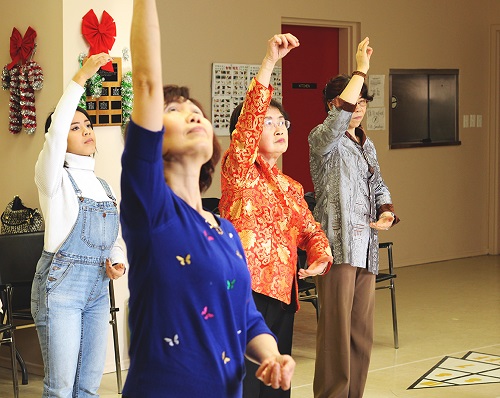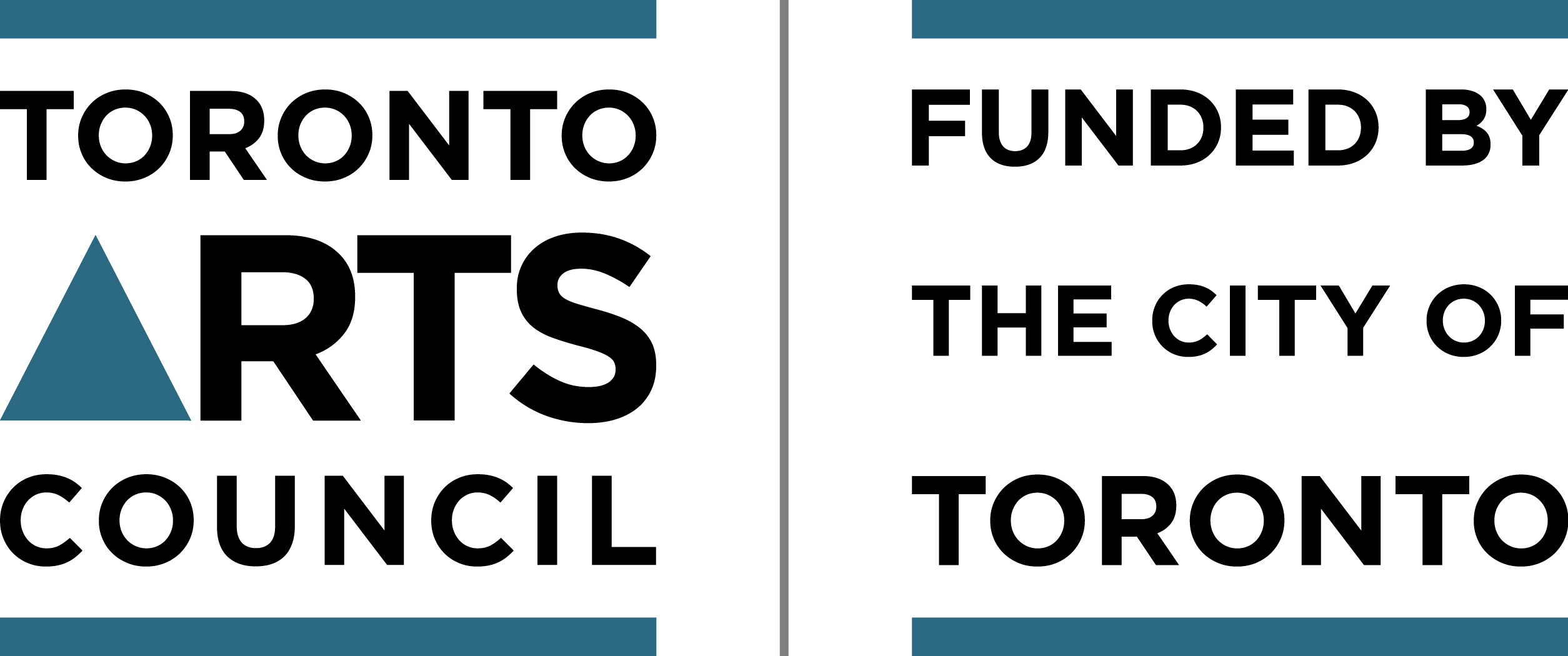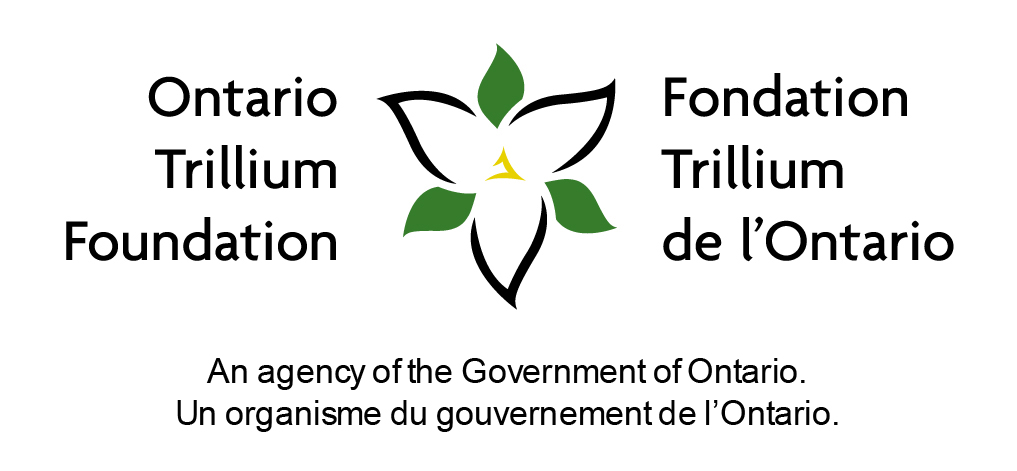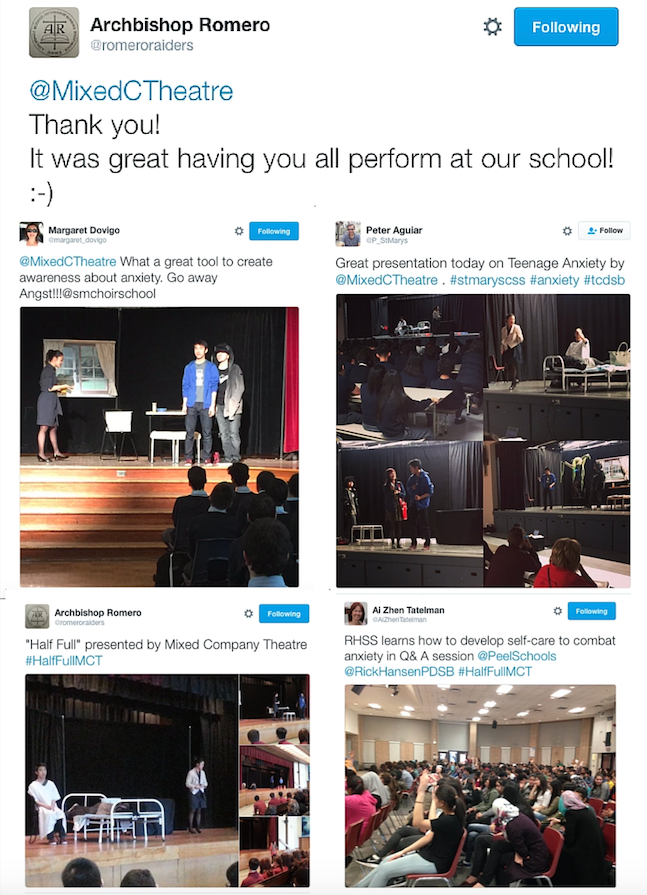Q: About a year ago you had the opportunity to run workshops with Mixed Company, fostering a dialogue and encouraging an understanding between the senior community of Lambton House and the youth of Urban Arts that live in the Weston/Mount Dennis area. What were the three most important or most memorable aspects of the workshops that you wanted to make sure made it in to the final play creation phase?
A: I don’t know that I can prioritize the numerous issues and points that came up over almost two years of exploratory workshops and presentations, but the concerns of all communities came up when doing this kind of work: will our voices be heard and be truthfully represented?; that we – seniors and youth – have so many similar concerns (What’s in my future? Why can’t I get respect? Why can’t they see who I really am?); and whether the final play be fun.
Q: Over the summer, you created drafts of the piece currently titled Shelf Life (formerly “The Living Age”) that will be presented at the Tarragon Theatre Nov.30th-Dec.4th. Now that you’re in rehearsals – how has the piece grown from that initial draft to where it is now?
A: I love the fact that, in Theatre, the collaborative process never stops; from the community participants’ contributions during the research and development process to the opinions of the community actors in rehearsals. Then there’s the contribution of Simon’s vast experience as a director and the additional perspectives of designers (Sarah Friedlander, Victoria Ius, Jenny Jimenez, Marsha Coffey) which have not only allowed me to deepen the characters and clarify intentions of the scenes or scene-segues, but added a wider sensory experience when thinking about sound and light. All these contributions will expand a community’s/ audience’s experience when they come to see their play.
Q: Has anything happened in the process that you did not expect? Either in rehearsal, the writing of the piece, or the initial workshops with the community? What’s surprised you and how has that informed the work?
A: I was a bit surprised by the difficulties we had with trying to access the youth in the community. In the past, working with community youth organizations, there has never been a problem with finding youth participants. However, this time we and our community partner (Urban Arts) faced some challenges. Whether it was the targeted age group (12 to 24 years), the timing of our workshops that conflicted with other scholastic or community events, or that Theatre just didn’t resonate with the youth in the way that music or dance would. Somehow, we were in a constant struggle to attract youth participants from this community. We had to work harder than usual to arrange extra workshops in the surrounding schools to connect with youth.
Q: For our readers who don’t have much experience with Forum Theatre, can you speak a little about that section for this show. What is your vision for the Forum that will happen after the initial presentation, what do you want the audience to get out of it?
A: Forum Theatre is an interactive form of Theatre presenting oppressions that a specific community in our society faces when being marginalized (example: in our play it can be the stereotyping you face when applying for jobs). Once the issues are presented in the first part of the scene or play, the audience – facilitated by ‘The Joker’ (Boal’s term) – engages in simulations or role-play with characters of the play (called interventions) within the play’s reality to find options, positive alternatives and potential solutions to those problems. Based on reactions from previous MCT shows which dealt with aging and the difficulties of youth, I’m anticipating a great deal of emotional interactions and interventions. We can’t anticipate everything, of course, because Theatre is subjective and an audience member will project their own issues onto a play’s subject matter, but generally speaking, I’m looking forward to there being plenty of interventions that have a personal investment of experiences from audience members. You can always tell when the person intervening brings an idea that comes from their own experiences into the reality of the play; how the audience immediately understands the stakes of these kinds of interactions as opposed to someone intervening who tries to introduce an abstract or theoretical solution to the play’s issues.
Q: Are there writing techniques you use when writing a T.O play that would be different from what a regular playwright would have to think about?
Absolutely. On the first draft I will overwrite scenes to make sure that I have as many ‘oppressions’ and ‘blocks’ that our central character(s) or heroes will face. In reality, this doesn’t often happen that someone will be faced with a multitude of various obstacles – from a coy, little lie to deadly force. Then I choose which are the likeliest oppressions and manipulations used in that particular situation and focus on those within the later drafts. The intensity and strength of the oppressions should grow as the story of the play progresses – because that is the reality of oppression – that the hero ends the play in a worse position than when they first started. But I will always keep those initial unused oppressions and excuses from the first drafts and give them to the actors so that they can have their own options rehearse and improvise with so as to be prepared as oppressors and to use them in interventions. A sort of stockpile of potential barriers. Another distinct technique I use, which is unique to writing Forum Theatre plays for MCT, is that I always keep manipulations in mind when scripting scenes of oppression. The Wheel or Masks of Manipulations is a methodology particular only to MCT because Simon, very early on in his work with Theatre of the Oppressed was also working with Sweet Medicine Teachings, and discovered that oppressors often used manipulations that are named in Sweet Medicine to achieve their goals; that many of us who may ‘feel’ oppressed are actually only being manipulated into what we didn’t want. So, I write intervention scenes with specific manipulations in mind. And MCT’s style of performing and facilitating Forum Theatre clearly identifies and names for an audience when and what types manipulations are used in moments of oppression. Sometimes manipulations can be oppressions or oppressions can be manipulations. But, again, generally speaking, manipulations are how oppressions are manifested but are not oppressions in and of themselves. For example, I may feel oppressed by an overly-friendly neighbour who never stops
knocking on my door to chat but, in reality, I can always tell my neighbour to stop bothering me without it having repercussions on my safety, my income, my cultural values, etc. My neighbour’s behavior is a manipulation on my emotional state – not an oppression; we are equals and I can always say ‘No’. Whereas, my relationship with a landlord is very different because the power dynamics are in my landlord’s favour – a landlord can be a potential oppressor
as they could threaten my home security.
Q: Is there ever a fear that comes with Forum and the facilitation of it? How do you manage certain triggers that might occur in such an intimate, interactive, and performative space?
So, these are facilitation or Joking questions. As for the writing, you have faith that the contributions and recurrent feedback from the community (of the issues you’re working with) through the writing process has provided a truthful reality for the play. If the playwright(s) have captured that reality, then the reality of injustice will always be the trigger that provokes interventions. And, if you know the play is only going to be performed for the community living the MCT blog interview with Luciano Iogna: questions and answers issue, you will never face the dilemma of ‘How do I get them to intervene?’ Your concern will then be, ‘Will we have enough time for all the interventions? The only time an audience may require some ‘encouragement’ to intervene in a Forum Theatre scenario is when the majority of that audience is not a homogenous representation of the community which is dealing with that oppression; the audience does not empathize, associate or recognize the oppression. An audience of business executives is unlikely to jump into a Forum Theatre scenario to help an employee-character being laid off for the corporate bottom-line because that character’s reality is not theirs.
It’s then up to The Joker to find analogies for the audience so they can begin to associate with the characters in the play. As for the playwriting, it’s about knowing your community and your audience.
Q: What makes the concerns of Weston seniors and youth unique to the concerns of say, other intergenerational groups living in Toronto?
A: Well, I can’t say I’m completely familiar with Mount Dennis or Lawrence-Weston or any other community in Toronto, but I do know that the Lawrence-Weston region has certain qualities that stand out for me. Like some other communities, it is a blend of commercial, industrial and residential pockets. Similarly, because of recent economic stress, it is undergoing transitions; plenty of long-time, small businesses are closing down. And, unlike some other communities, there is no singular cultural identity like Spadina Avenue’s Chinatown or St Clair Avenue’s Little Italy; it is a heterogeneous blend of East and West African, Caribbean and Portuguese nationalities that is geographically caught between the railroad tracks and the Humber River parkland valley. If there is anything different, it could be that the majority of youth from the area are visible minorities. And though, in the school workshops with youth, we did ask if being Black made a difference, most of the issues of unfair judgments they claimed they faced were within their own families. But, back to whether there are any differences between Toronto regions, despite some dissimilarities, the issues and concerns of Lawrence-Weston youth and seniors from Lambton are practically identical to those we’ve witnessed from other groups in other communities (example: MCT’s 2011-12 Elder Abuse project in Hamilton-Wentworth – THE GOLDEN (C)AGE); abuse, exploitation, dismissiveness, ignorance, unknown futures, etc. It’s not the location but the issues that binds people into a community; that youth, regardless of where they live are constantly perceived as being lazy and ineffectual. And what Forum MCT blog interview with Luciano Iogna: questions and answers Theatre is doing is bringing these individuals from different areas into a community bound by the issues.
Q: What’s it like for you to be a part of a three year long creative project such as InterGEN. What have been some of the challenges; some of the rewards?
A: The luxury of having so much Time is that it allows you to gain familiarity and trust with the communities with whom you’re working; bridges of personal friendship are formed. And with this trust comes extra effort on both sides to create the best possible results. We have Time to make mistakes and make corrections; more opportunities for community feedback on the writing of the script and the rehearsal and performance process. And there’s the benefit of having community peers having the Time to learn to become community leaders and initiate their own projects within the community so that a production like MCT’s SHELF LIFE can become a practice and prototype for these peers to create something sustainable within the community on their own. As for challenges, three years is an exteremly long commitment for a young person because so much can change in that Time. We had to deal with issuefatigue for many participants; after so many workshops of self-examination over the issues, they just wanted to get on with performing the play and getting it done with. And there was the constant turn-over of youth participants, whose lives and commitments to the project changed dramatically from month to month, so that it was impossible for most of them to see it through (example: as interested as some participants were, priorities changed for them when they graduated high school and moved on to university). But, having Time to watch participants from a community learn and blossom as artists – becoming something they never thought they were able to acheive – is a feeling that cannot be described in words. And what is also tremendously satisfying for me is when I see community actors discovering that their performances in Forum Theatre lead to changing other people’s lives, as well as their own, a reward for which I am always most grateful
Shelf Life will run at the Tarragon Theatre Extraspace from November 30th – December 4th, 2016.
